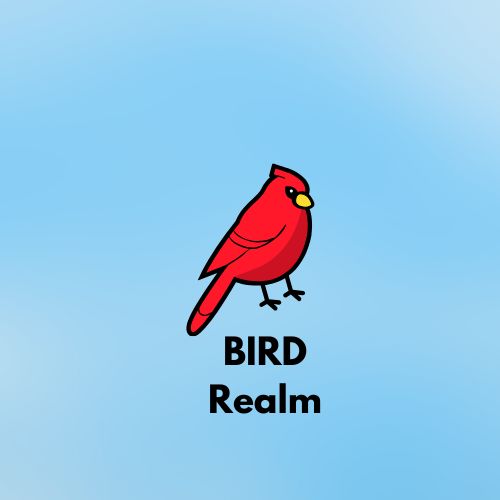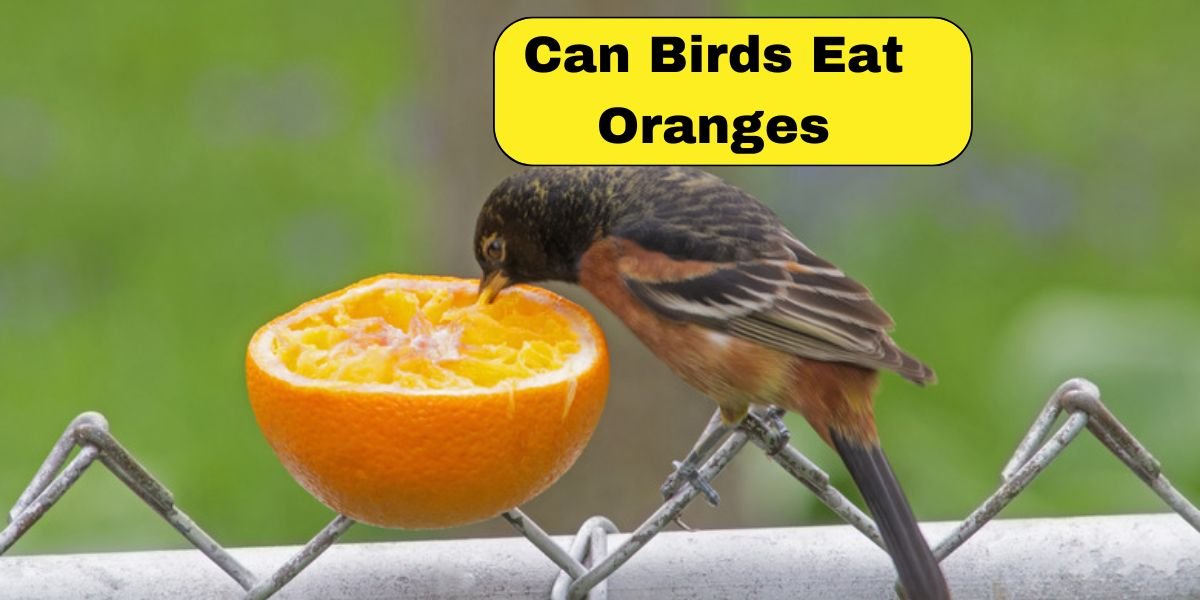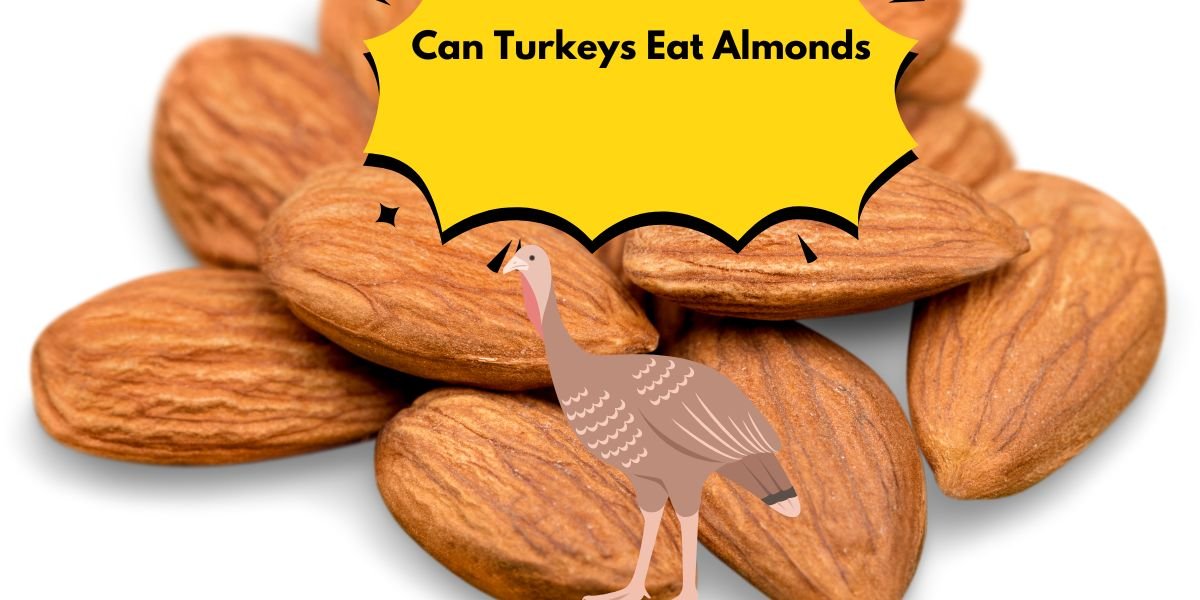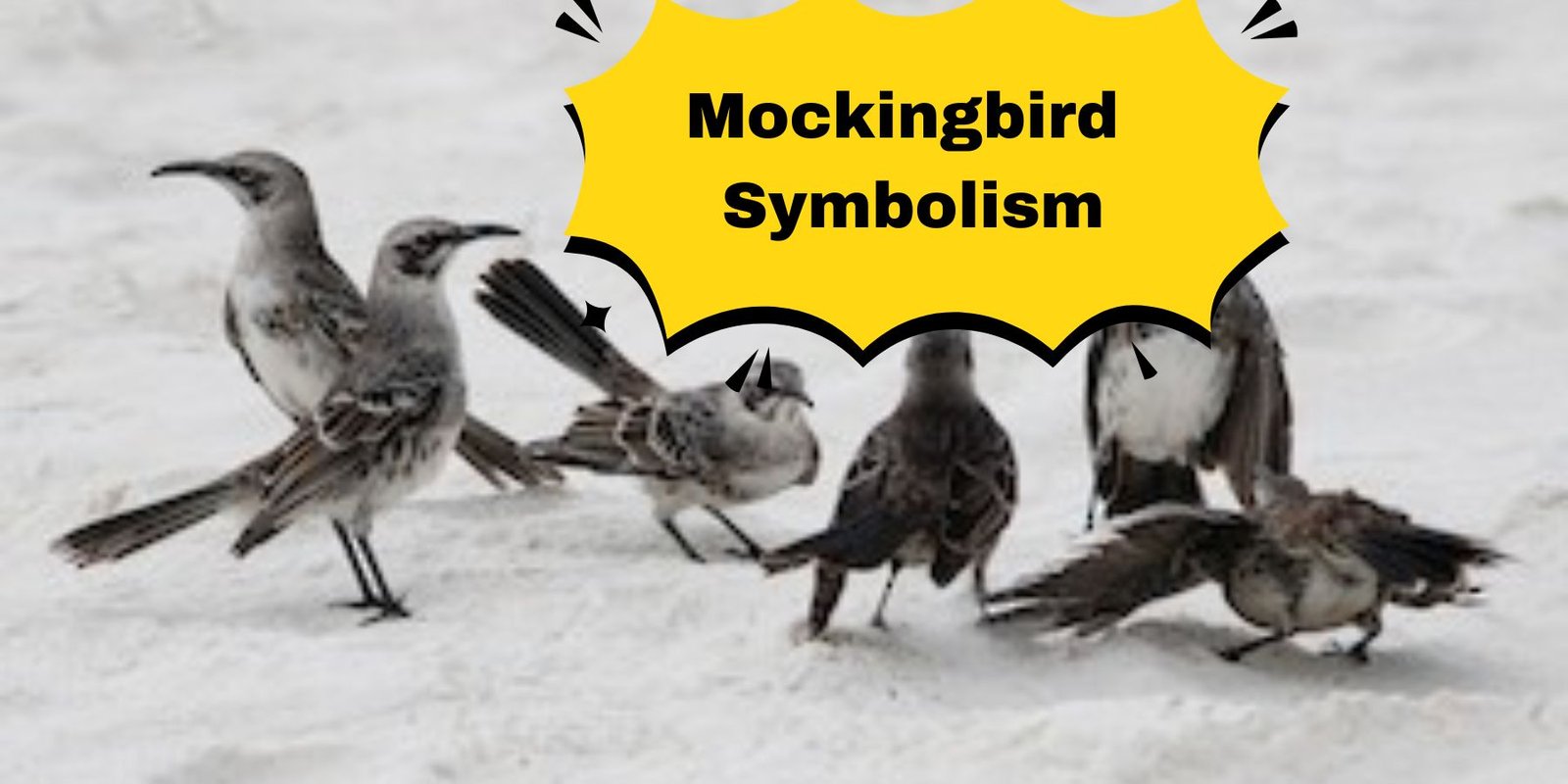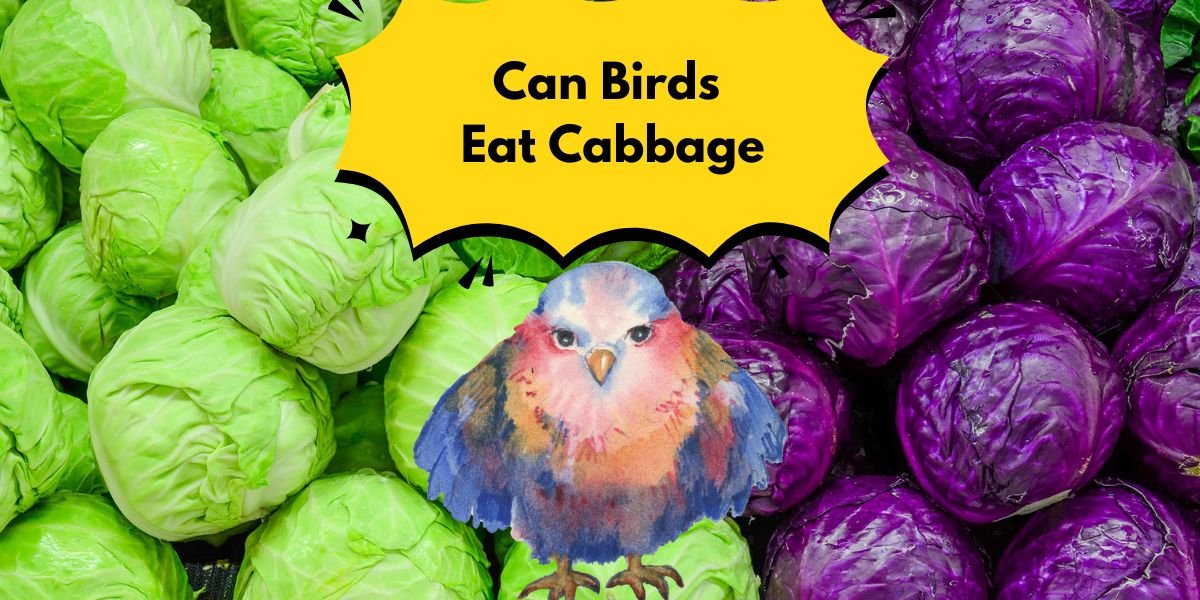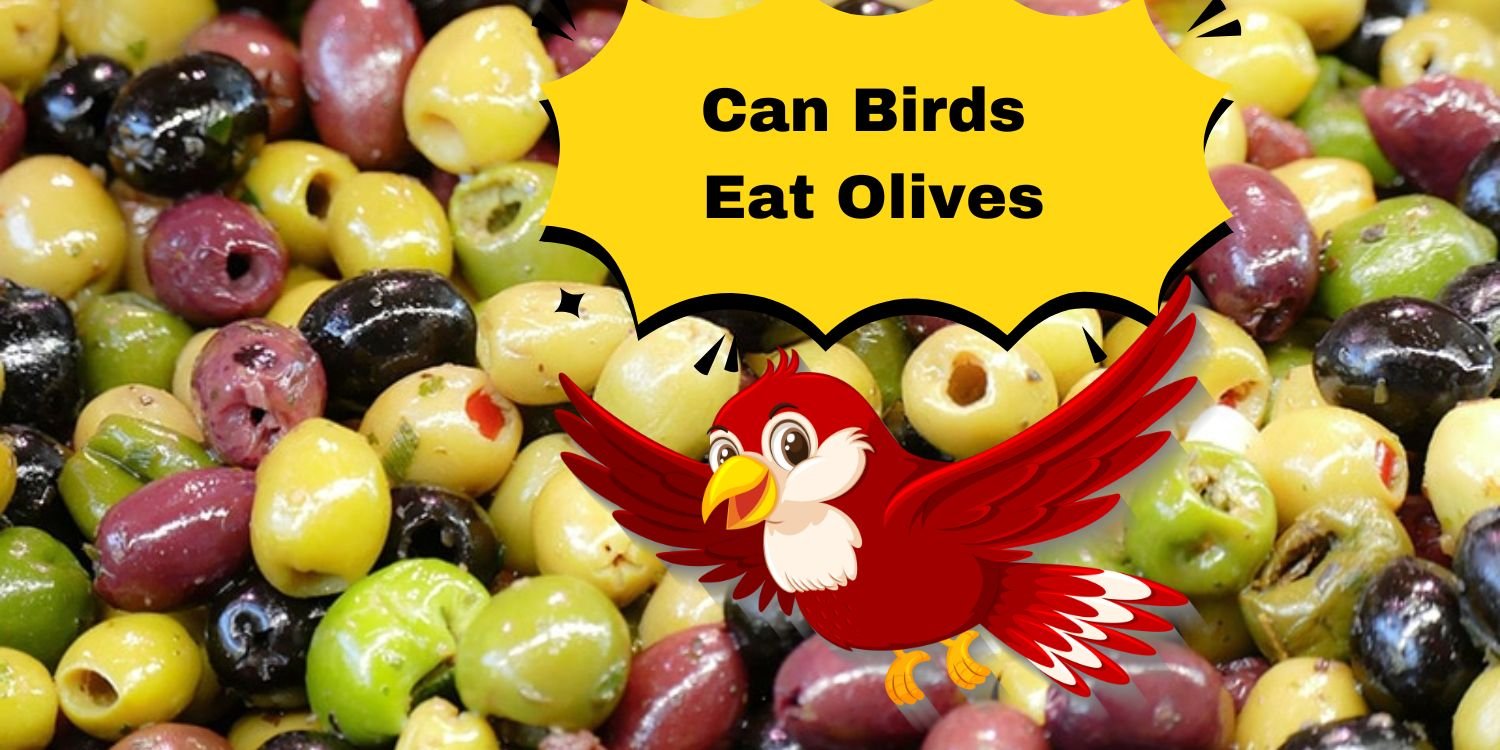Can Birds Eat Oranges?
Did you know that many birds have taste preferences just like humans? If you’ve ever wondered, “Can birds eat oranges?” you’re not alone. This guide explores the fascinating world of avian diets and the potential benefits and risks of feeding oranges to your feathered friends. Understanding what fruits are safe for birds is crucial for pet owners and bird enthusiasts, ensuring we provide a balanced and nutritious diet for our avian companions.
Which birds will eat oranges?
Many bird species are attracted to oranges’ bright color and sweet, juicy flesh. Notably, orioles are among the most enthusiastic fruit eaters, with their vibrant plumage reflecting the hues of ripe oranges. These birds enjoy the fruit and play a vital role in pollination, making them essential for a thriving garden ecosystem.
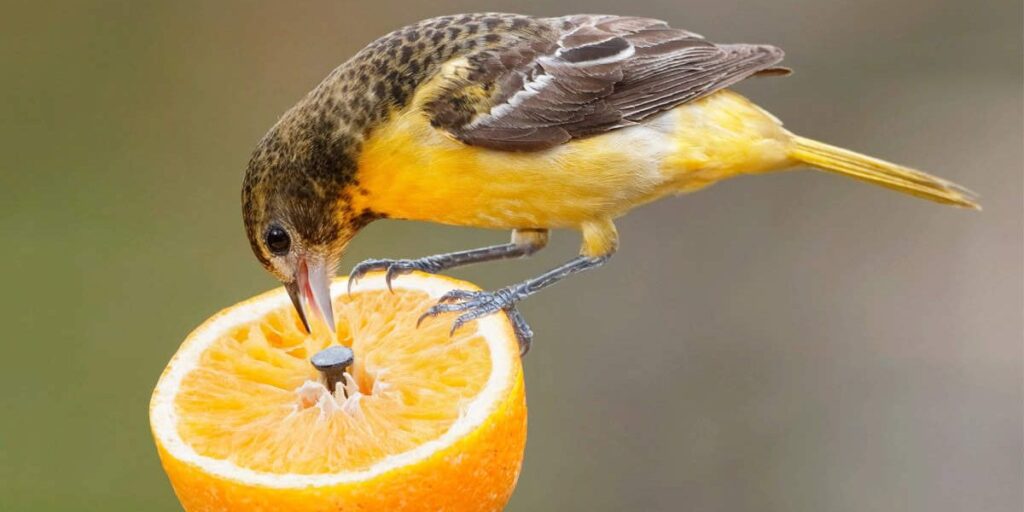
Mockingbirds and tanagers indulge in this citrus treat, relishing the refreshing flavor and the energy it provides. Setting out orange halves or slices can create an inviting feeding station that draws these beautiful creatures to your backyard.
- Orioles
- Tanagers
- Mockingbirds
- Robins
- Woodpeckers
- Grosbeaks
Orioles
Orioles enjoy a varied diet that includes nectar, insects, and berries. This diverse palate makes them essential players in the ecosystem, as they help pollinate flowers and control insect populations.
When you set out orange halves or specialized oriole feeders filled with nectar, you’re not just attracting these feathered friends; you’re also contributing to the health of your local environment.
If you want to create a haven for orioles and other fruit-loving birds, consider incorporating oranges into your feeding strategy and watch as your yard transforms into a vibrant avian paradise.
Tanagers
Tanagers are a vibrant family of birds that often capture the attention of birdwatchers and nature enthusiasts alike. Known for their striking plumage, which ranges from vivid blues and yellows to deep reds, these birds are not just a feast for the eyes but also play vital roles in their ecosystems.
Found primarily in tropical and subtropical regions, tanagers thrive in diverse habitats, from lush rainforests to open woodlands. Their adaptability is remarkable, allowing them to forage for fruits, insects, and nectar, making them essential players in seed dispersal and pollination processes.
Mockingbirds
Mockingbirds are fascinating creatures, renowned for their remarkable vocal abilities and adaptability. These avian performers can mimic the songs of other birds and a variety of sounds from their environment, including human-made noises.
This ability serves multiple purposes, such as attracting mates and defending their territory, showcasing their intelligence and versatility. Mockingbirds are opportunistic feeders; they enjoy a diverse diet that includes fruits, insects, and even small vertebrates.
Robins
Offering oranges to robins can be a delightful way to observe their behavior up close. When presented with citrus, robins may peck at the fruit, enjoying both the taste and the hydration it provides.
This feeding opportunity supports their nutritional needs and enriches your garden experience, drawing these charming birds closer to home. Whether you’re an avid birdwatcher or just someone looking to brighten your backyard, providing oranges can create a lively scene filled with the joyful presence of robins.
Woodpeckers
Woodpeckers are fascinating avian specialists, renowned for their unique feeding habits and remarkable adaptations. Their specialized beaks and strong neck muscles allow them to drill into trees with astonishing precision, searching for insects hidden beneath the bark.
This behavior not only provides them with sustenance but also plays a crucial role in forest ecosystems by helping to control insect populations and creating nesting cavities that benefit other species.
Grosbeaks
Oranges are not just a delightful treat for humans; they can also be a nutritional boon for grosbeaks and other birds. The vibrant citrus fruit is rich in vitamin C and offers hydration, making it an excellent addition to a bird’s diet during warmer months. Offering orange slices in your backyard can attract these colorful birds, providing an opportunity to observe their feeding behavior up close.
What kind of oranges can I serve birds?
When selecting oranges for your feathered friends, navel oranges and Valencia oranges are excellent choices due to their high sugar content and accessibility. you might also consider experimenting with blood oranges, which not only add a splash of color but also offer a unique flavor profile that some birds may find irresistible.
To serve oranges to birds effectively, cut them into halves or quarters and place them in bird feeders or on platforms in your yard. This makes it easy for various bird species, such as orioles and mockingbirds, to access the fruit.
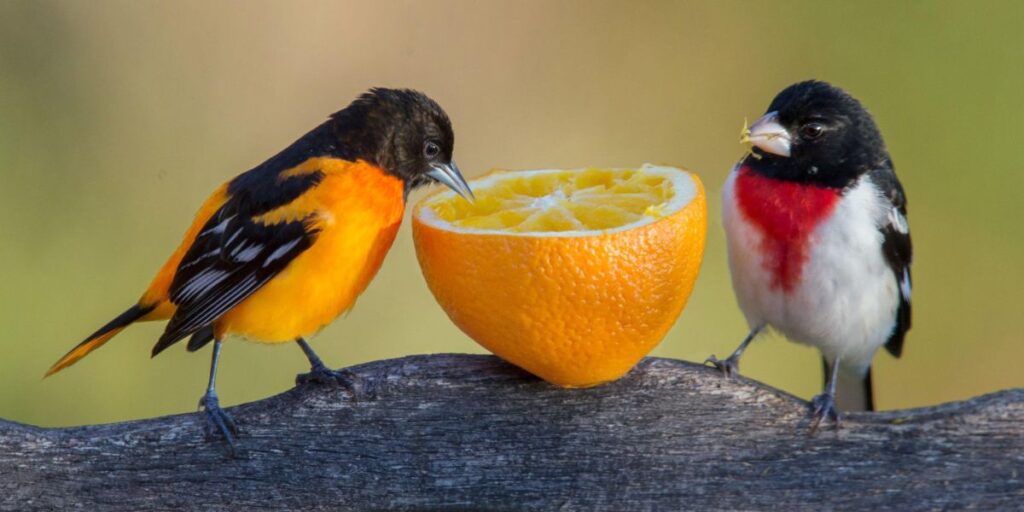
It’s crucial to ensure that the oranges are pesticide-free and organic whenever possible, as chemicals can be harmful to birds. leaving the peels on can provide extra texture and nutritional benefits, appealing to a wider range of avian visitors.
How should I serve oranges at the bird feeder?
Serving oranges at your bird feeder is a delightful way to attract a variety of feathered friends, as many birds are drawn to the vibrant color and sweet taste. When preparing oranges for your avian visitors, it’s essential to use fresh, ripe fruit.
Cut the oranges in half or into wedges, ensuring that the flesh is exposed. This not only makes it easier for birds to access the juicy segments but also allows the enticing aroma to waft through the air, drawing them in.
Cleaning a fruit feeder
Cleaning a fruit feeder is essential not just for aesthetics but also for the health of your avian visitors. When you offer fruits like oranges, their juicy nature can attract a variety of birds but also invites unwanted mold and bacteria if left unattended. To ensure a safe dining experience, regularly inspect the feeder for any signs of spoilage or residue.
A simple solution of warm water and vinegar can effectively disinfect the surfaces, eliminating harmful pathogens without leaving harsh chemical residues that could deter your feathered friends.
Pin it to remember Can Birds Eat Oranges?
It’s crucial to consider how to present oranges to birds. Slicing them into manageable pieces can encourage a more comfortable feeding experience, while hanging them in a mesh bag or on a platform feeder can attract curious birds looking for a tasty treat.
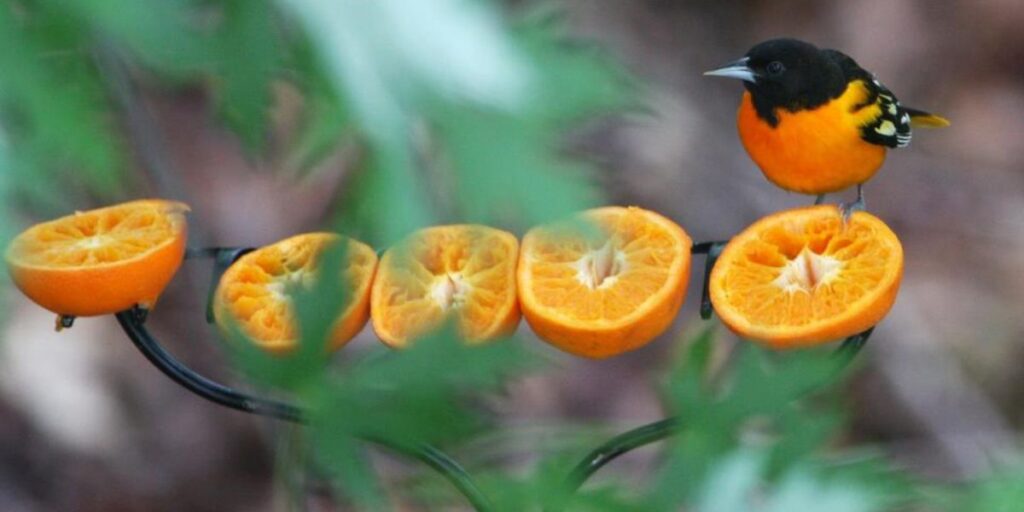
Interestingly, experimenting with various citrus fruits, such as grapefruits or lemons, can also yield delightful surprises as different species may have distinct preferences.
Final Words
Birds can indeed enjoy oranges as part of their diet, providing them with essential vitamins and hydration. The citrus fruit offers a refreshing treat that many species find appealing, although it’s important to introduce it gradually to ensure they don’t have any adverse reactions.
Always remember to remove any seeds and avoid feeding them the peel, as it can be difficult for birds to digest. By incorporating oranges into their feeding routine, you can enhance their nutrition and add variety to their meals.
So why not give your feathered friends a taste of this vibrant fruit and observe their delightful reactions?
